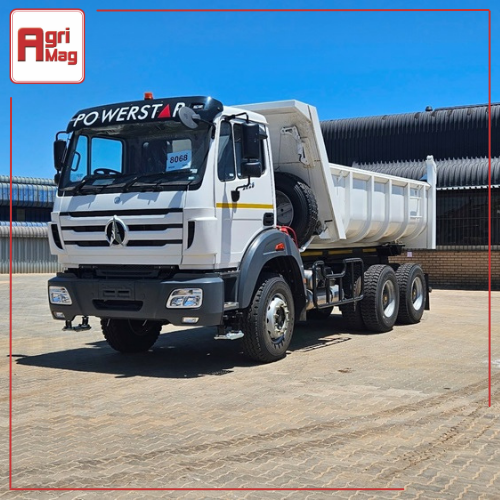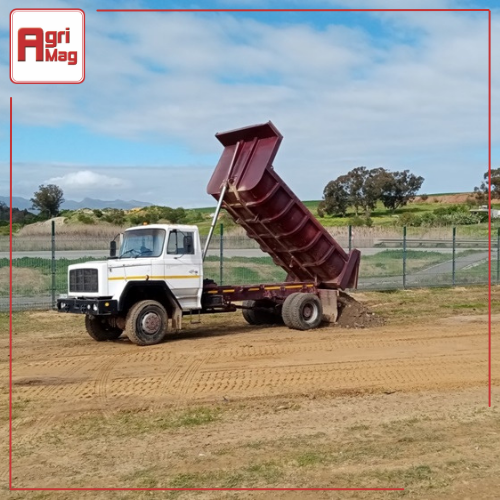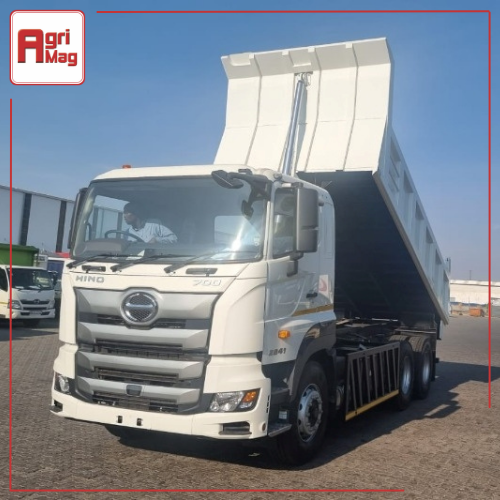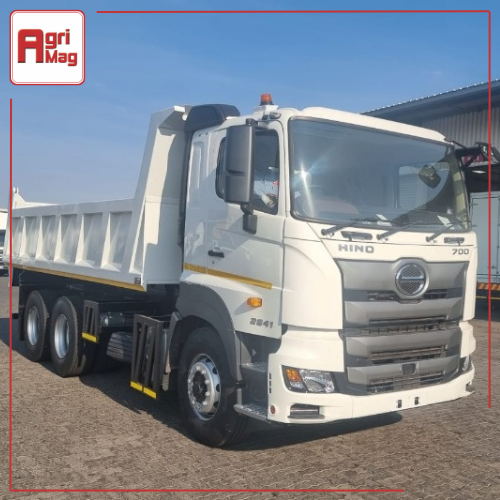
Mastering Tipper Truck Operation: Loading, Safety, and Maintenance
Date: 29/08/2023
How can you ensure efficient and safe tipper truck operation? Tipper trucks are vital in construction, mining, and transportation industries due to their ability to carry and unload heavy materials efficiently. Understanding the best practices for loading, unloading, maintaining, and ensuring safety can significantly enhance the performance and longevity of these robust vehicles. Visit AgriMag to buy trucks and trailers for sale.
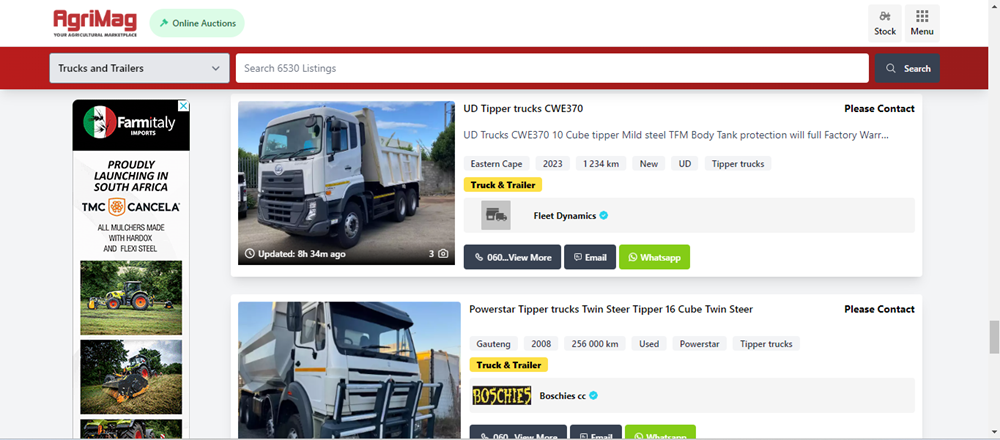
The Loading and Unloading Process
Efficient Loading Techniques
Loading a tipper truck correctly is crucial for both safety and efficiency. Here are some key steps:
- Prepare the Loading Area: Ensure the ground is stable and level to prevent tipping. Clear any obstacles and confirm the area is free of overhead hazards.
- Load Evenly: Distribute the load evenly to maintain balance. Uneven loading can cause the truck to tip over, especially when driving on uneven terrain.
- Monitor Weight Limits: Adhere to the manufacturer’s weight limits to avoid overloading, which can lead to mechanical failure or accidents.
- Use Proper Equipment: Employ loaders and other machinery that are appropriate for the type and volume of material being loaded. This ensures efficiency and safety.
Safe Unloading Practices
Unloading this truck requires precision and caution:
- Choose a Suitable Location: Select a level and stable ground for unloading. Avoid areas with soft soil or slopes.
- Engage the Handbrake: Always apply the handbrake before raising the truck bed to prevent unintended movement.
- Raise the Bed Slowly: Gradually raise the truck bed to control the flow of materials and avoid sudden shifts that could destabilise the truck.
- Monitor Surroundings: Ensure the unloading area is clear of personnel and obstacles. Communicate with ground staff to maintain a safe environment.
Safety Protocols and Best Practices
Pre-Operation Checks
Before operating a tipper truck, conduct thorough pre-operation checks:
- Inspect the Vehicle: Check tires, brakes, lights, and hydraulic systems. Ensure that all components are in good working condition.
- Check Load Securing Devices: Verify that tarpaulins, straps, and other securing devices are intact and properly fastened.
- Review the Route: Plan and review the route for potential hazards such as sharp turns, steep gradients, and low bridges.

Operational Safety Measures
During operation, adhere to these safety protocols:
- Drive at Safe Speeds: Always drive at speeds suitable for the load and road conditions. Avoid sudden braking or sharp turns.
- Communicate Clearly: Use clear signals and communication devices to coordinate with other workers, especially in busy sites.
- Be Aware of Overhead Lines: Pay attention to overhead power lines and other obstacles that could pose a hazard when the bed is raised.
Post-Operation Safety
After completing a job, follow these post-operation practices:
- Lower the Truck Bed: Ensure the bed is fully lowered before driving off or performing maintenance.
- Secure the Vehicle: Park the truck in a designated area, engage the handbrake, and perform a final check to ensure all systems are off.
- Clean the Vehicle: Remove any residual materials from the bed to prevent corrosion and maintain the truck’s integrity.
Maintenance and Inspection
Routine Maintenance Tasks
Regular maintenance is essential to keep a tipper truck in optimal condition:
- Check Fluid Levels: Regularly check and refill engine oil, coolant, hydraulic fluid, and brake fluid.
- Inspect Tyres: Ensure tires are properly inflated and free of damage. Rotate and replace them as needed.
- Lubricate Moving Parts: Apply grease to the truck’s moving parts, such as hinges and joints, to prevent wear and tear.
Scheduled Inspections
Conduct scheduled inspections to identify and address potential issues:
- Monthly Inspections: Perform a comprehensive inspection of all critical components, including the hydraulic system, suspension, and brake system.
- Annual Overhauls: Have a professional mechanic conduct a thorough overhaul of the truck annually to ensure long-term reliability and safety.
Documentation and Record-Keeping
Maintain detailed records of all maintenance and inspection activities:
- Logbook Entries: Record all maintenance tasks, repairs, and inspections in a logbook.
- Compliance Documentation: Ensure compliance with transport regulations by keeping documentation up to date.
Mastering tipper truck operation involves understanding and implementing proper loading and unloading techniques, adhering to strict safety protocols, and maintaining a rigorous maintenance schedule. By following these guidelines, operators can enhance the efficiency, safety, and longevity of their tipper trucks, ensuring they remain reliable assets in various industrial applications. Start your search for trucks and trailers for sale on AgriMag.
Categories:
Common category
Category Search:
Latest articles:

Top Irrigation Tips for Farmers Facing Water Restrictions

Understanding the Role of Truck Tractors in Logistics

Farming Equipment Upgrades for Small-Scale Farmers in South Africa

